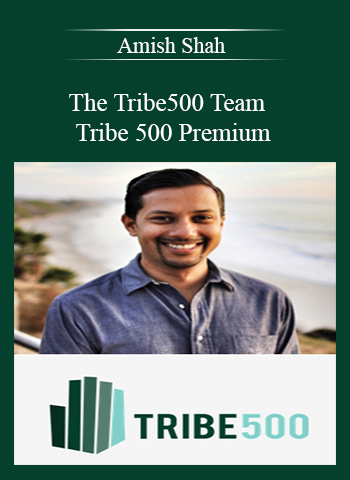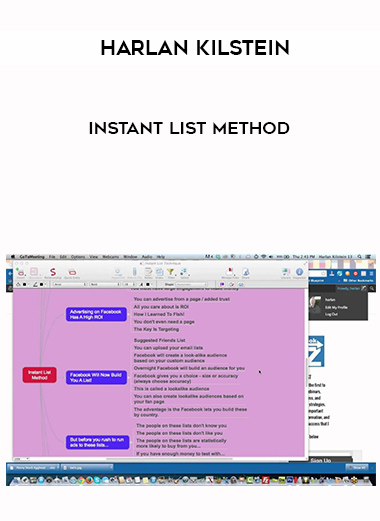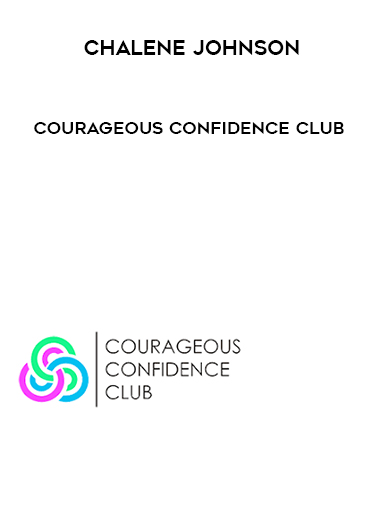
1 Hour SEO | Become a Technical Marketer
Archive : Courses.Becomeatechnicalmarketer – 1 Hour SEO | Become a Technical Marketer
15 months ago, when I logged into Google Analytics, my traffic looked like this:
Woohoo! On the penultimate day of the month, there were 85 sessions!
When I log in now, the last month appears as follows:
I went from 1,209 monthly sessions to 270,011 monthly sessions in just 15 months.
Or a 22.333% increase.
This isn’t from contacting people for links, blasting Twitter and Facebook, commenting on people’s blog articles, or attempting to sneak links into forums.
95% of my traffic is generated automatically.
I’ve never spent more than an hour, and generally less than half an hour, on each article’s promotion approach.
And after that initial advertising campaign is complete, I almost ever touch or advertise it again.
Despite no continuous promotion, pieces from over a year ago receive up to 1,000 readers every day.
This is the ability of 1 Hour SEO.
SEO, or Search Engine Optimization, is the practice of producing material in such a manner that it ranks in the top few locations on Google for a certain topic. If it’s a topic that a lot of people look up, you’ll receive a lot of traffic!
But here’s the catch.
90% of what you hear about “doing SEO” is nonsense. SEO blogs and professionals will advise you to do things that aren’t essential. They want you to keep paying them money and reading their website, therefore they need to complicate the matter to keep you coming back.
I’ve read all of the blogs, spoken with the experts, and conducted my own experiments to discover that SEO is 10x easier than they claim. I know since I got my SEO rankings by rejecting the vast bulk of advice and focused solely on a few key fundamentals.
And this has resulted in a good, constant increase in my SEO traffic over the last year:
Getting Stuck on Simplicity
How did I work out this procedure? Well, largely by chance.
I was working on creating a startup’s blog while also trying to expand my own. I didn’t have time to devote to my site’s promotion since I needed to focus on my profession, so I did the bare minimum of SEO that I felt would still be effective. The 10% to 20% who would achieve 80-90% of the results.
Then something strange happened.
My site received more SEO traffic than the blog I was paid to manage. Despite spending substantially less time on all of the SEO professionals’ recommended tactics, I was ranking higher and easier.
That insight led to another: SEO is easy, but the industry has made it more convoluted.
Consider this. If your job is to be a highly paid SEO consultant or to keep people reading your SEO blog, you must make SEO appear more hard than it is. You’d be out of business otherwise!
When I discovered this, I began disregarding all of the intricate SEO advice available and concentrated on honing those critical few components.
It continued to function. I increased my daily traffic from 100 to 500, then 1,000, 2,000, and now over 7,500.
Where Conventional SEO Advice Fails
It’s easy to forget that no one knows how Google works.
I have no idea how Google works, you have no idea how Google works, and those who blog about SEO have no idea how Google works.
Even Google isn’t quite sure how Google works. They utilize such sophisticated machine learning algorithms to optimize their ranking process that the engineers who created them can no longer fully explain them.
So, what do we know if no one knows how Google ranks results? Not much, which has resulted in a lot of popular advice that we must evaluate.
Here’s one piece of information that comes up frequently: There is a very significant, positive association between articles with many sites referring back to them and their Google ranking. This appears to imply that if you can increase the number of links to your content, it will rank higher.
However, it might also imply the inverse. Where do you go if you need to connect to something from your article? Of course, you’ve Googled it, and you’ve probably clicked on the first result. So, what if a high ranking produces more backlinks rather than more backlinks producing a high ranking?
We just don’t know the answer, but I’m betting on a mix of the two.
Longer content ranks higher, but what if that’s just because a 2,000-word post answers people’s queries better than a 300-word one? What other conventional SEO advice may be explained away by conflating correlation and causation?
It’s easy to get drawn into data-driven analysis of high-ranking articles, but these are still simply educated estimates.
We only know a few things for definite about Google, and that is the foundation of our plan.
The Critical Few
Over the previous three years of experimenting with material on my site and other sites, I’ve uncovered the critical few approaches required to develop content that ranks on Google’s main page.
It’s surprisingly easy. That doesn’t imply it’s simple, but rather that there are just a few things you need to do to achieve spectacular outcomes. As I previously stated, I seldom spend more than an hour advertising and optimizing each item, and the results speak for themselves.
It’s so straightforward that I’ve reduced it to a checklist that I can go through (or, better yet, have someone else run through) for each piece to ensure SEO success. And it’s not a large list; everything fits on one page.
If a firm paid me to explain this method, I’d charge them $1,000+ for the time and effort necessary, as well as the experience required to reduce the complicated world of SEO down to these key concepts.
But people keep asking me to explain how to do it, and many of them are friends whom I sincerely want to assist. There is far too much incorrect SEO advice out there, and I don’t want you to waste time on strategies that you don’t need to execute.
As a result, this course was created.
An precise step-by-step guide on how I set up each post for SEO success, packaged so you can do it yourself in under an hour. It’s all you have to do to see the thousands of readers I get every day, as long as you follow through.
The best part is that you can do it with:
There is no prior experience.
There are no paid tools.
There is no existing traffic.
There is no social media following.
There is no email list.
It’s only a website!
I’ve only written 60 pieces, so you don’t even need to write a lot (at the time of writing).
You may start from zero and see results in three months if you use this technique.














Reviews
There are no reviews yet.